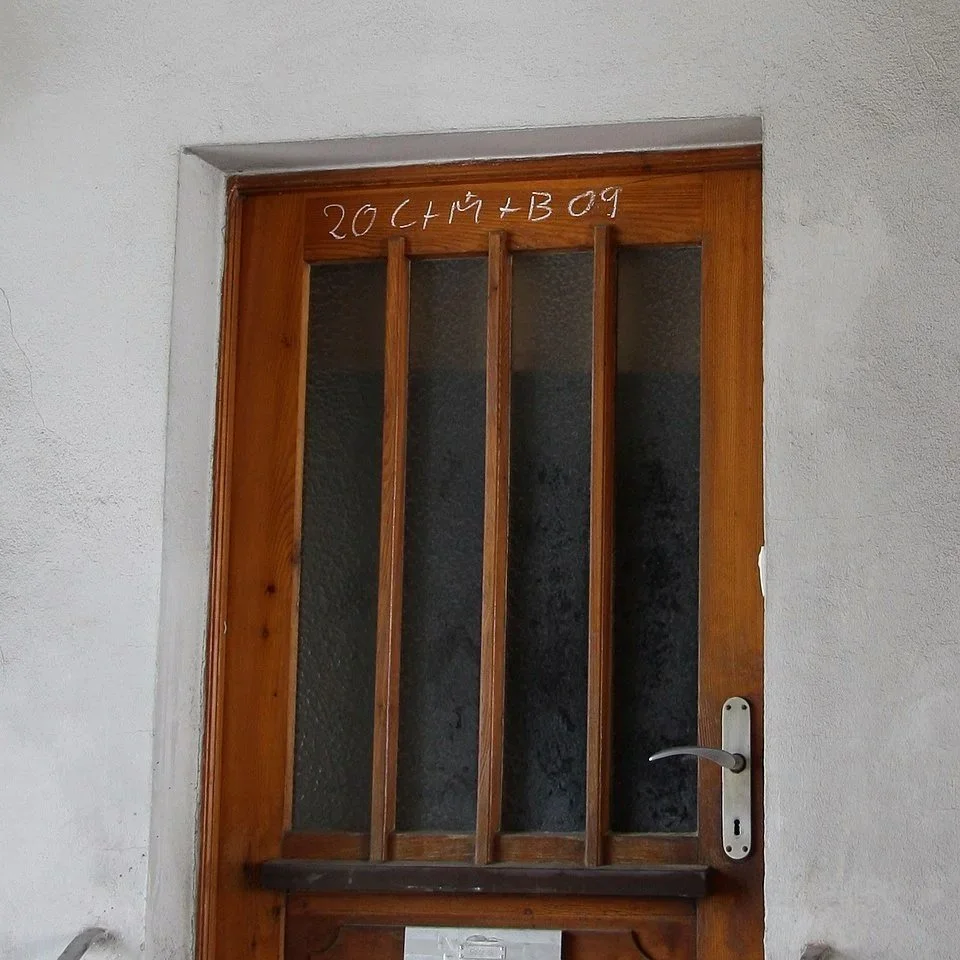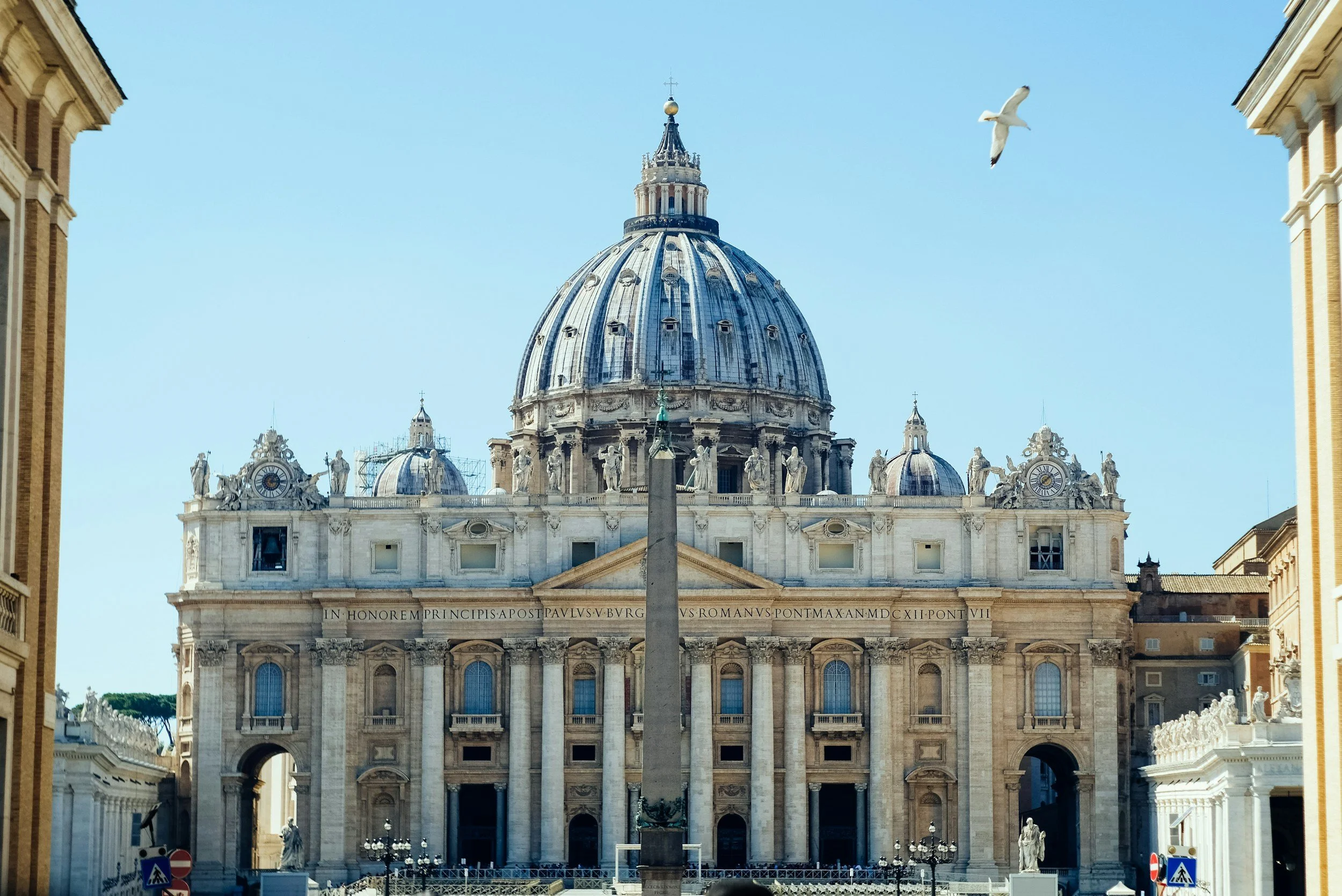With the Synod opening in Rome, many had hoped that the current confusion over certain teachings could have been clarified with immediacy.
As it transpires, the confusion has only deepened in the short run.
A set of dubia submitted by five cardinals, amongst them Cardinals Zen and Burke, was submitted earlier this summer, only for revised ones to be resubmitted when the answers were not deemed satisfactory.
As a result, the second set went unanswered.
The text of the responses that were given was released this week, comically only in Spanish initially.
As publicity mounted over the actions of the cardinals, Cardinal Tucho Fernandez bizarrely lashing out and saying that they were treating the pope as if he were their ‘slave’.
This strange remark seems at odds with the pope’s apparent readiness to respond to Fr. James Martin SJ so regularly or to the whims of the Chinese Communist Party, who have managed to get two of their bishops to attend the Synod, from their ‘Patriotic Church’.
There is no doubt that whatever one thinks of the content of Pope Francis’s reply to the five cardinals and subsequently to a separate one by Cardinal Duka, there is now an air of complete and utter confusion.
Many have pointed to this passage in particular:
For this reason, pastoral prudence must adequately discern whether there are forms of blessing, requested by one or more persons, that do not transmit a mistaken conception of marriage. For when a blessing is requested, one is expressing a request for help from God, a plea for a better life, a trust in a Father who can help us to live better.
Even popular Catholic outlets such as The Catholic Herald have been forthright in their criticism.
Perhaps the most telling headlines were in The New York Times, one of which read:
Catholic Conservatives Criticize Pope Francis’ Synod
Is the Synod not ours? Are Conservatives not welcome?
Cardinal Zen has written the following in a letter published this week:
I am confounded by the fact that, on the one hand, I am told that synodality is a constitutive element of the Church, but, on the other hand, I am told that this is what God expects from us for this century (as a novelty?
How can God have forgotten to make his Church live out this constitutive element in the 20 centuries of her existence?
One thing is for sure we need clarity, we need it now and we need prayer.




